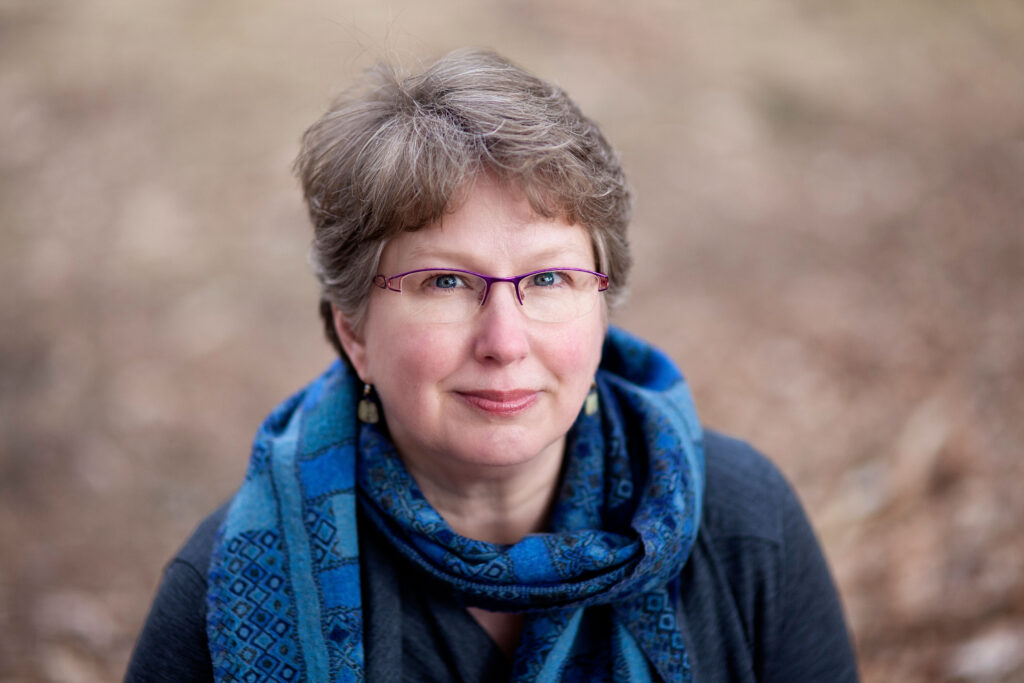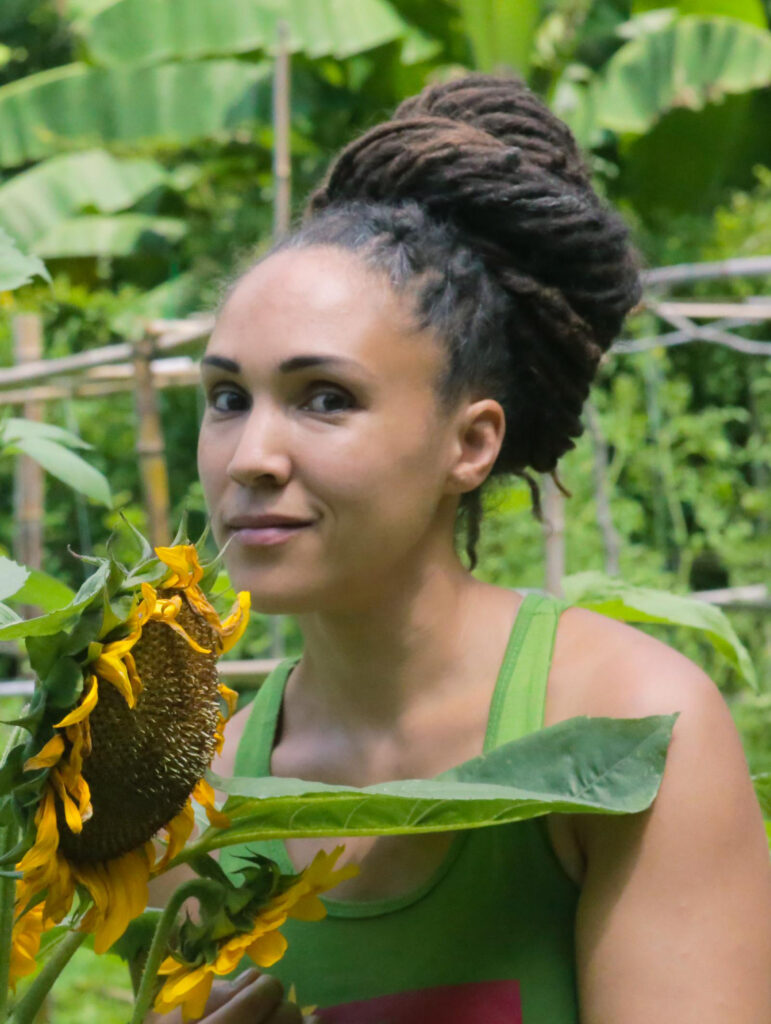At its core, Waldorf education is designed to remove hindrances that would otherwise prevent students from entering fully and freely into the world and sharing the gifts that they, the students, bring with them from spiritual realms. But what happens when the culture of a school unintentionally undermines this aim? What happens when curricular content contains elements that prove to be hindrances, themselves? How do we identify classroom practices, culturally embedded narratives or assumptions that are often invisible yet have the potential to hinder the development of free thinking, integrated feeling, and ethical action?
In alignment with AWSNA’s 8th Principle and the Core Principles set forth by The Alliance for Public Waldorf Education, Decomposing the Colonial Gaze offers school-based professional development for Waldorf schools seeking concrete skills with which to diversify or decolonize curriculum and school culture while staying true to Waldorf education’s inherent values and priorities of social justice and equity. Building on the inner work considered essential for the Waldorf educator, we engage teachers in activities that develop capacities to perceive the cultural assumptions that underlie habits of practice. We then guide teachers and pedagogical leaders as they move from theory to the daily practice of meeting the developmental needs of the children in their care in ways that are free of invisible hindrances.
Decolonial Dialogues
Drawing on our extensive experience with Waldorf education—as teacher, student, parent, and teacher-trainer—we, Alison Henry and Chérie Rivers, have developed a decolonial dialogic practice designed to help Waldorf schools more fully realize the potential of this transformative education. We view Waldorf education as having a unique potential to be liberatory, decolonial, and cultivate the human dignity and moral courage so sorely needed in our times.
To support this aim, we offer place-based professional development approaches that meet the needs of a given school, including its faculty, board, parent body, or other decision making entities.
Our Offerings Include:
- Extended professional development (over one or more academic years) for faculty bodies engaged in a review of their curriculum guidelines
- Individual or small group consultations for class and specialty teachers
- Strategic planning and collaboration with a Board, a College of Teachers, or other governing body
- Parent education and engagement tailored to the unique needs of a school community


